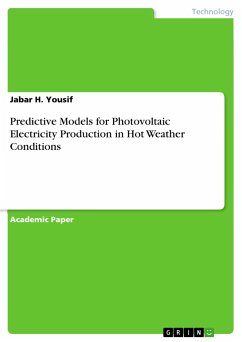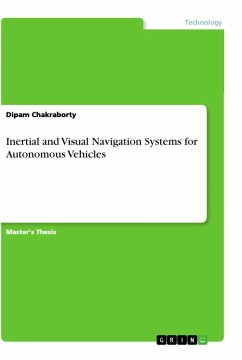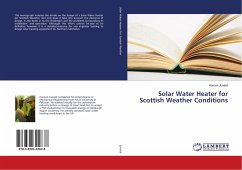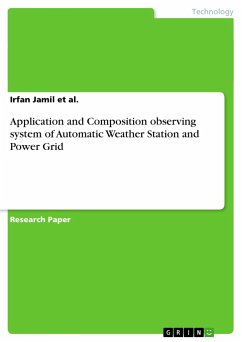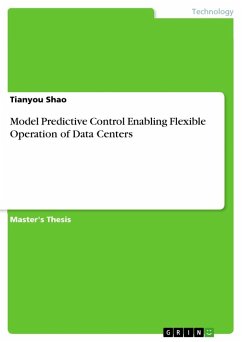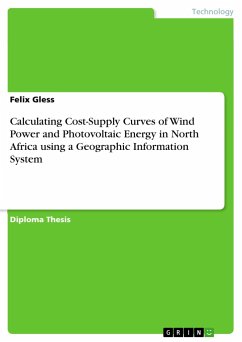Academic Paper from the year 2017 in the subject Engineering - Power Engineering, , language: English, abstract: The process of finding a correct forecast equation for photovoltaic electricity production from renewable sources is an important matter, since knowing the factors affecting the increase in the proportion of renewable energy production and reducing the cost of the product has economic and scientific benefits. This paper proposes a mathematical model for forecasting energy production in photovoltaic (PV) panels based on a self-organizing feature map (SOFM) model. The proposed model is compared with other models, including the multi-layer perceptron (MLP) and support vector machine (SVM) models. Moreover, a mathematical model based on a polynomial function for fitting the desired output is proposed. Different practical measurement methods are used to validate the findings of the proposed neural and mathematical models such as mean square error (MSE), mean absolute error (MAE), correlation (R), and coefficient of determination (R2). The proposed SOFM model achieved a final MSE of 0.0007 in the training phase and 0.0005 in the cross-validation phase. In contrast, the SVM model resulted in a small MSE value equal to 0.0058, while the MLP model achieved a final MSE of 0.026 with a correlation coefficient of 0.9989, which indicates a strong relationship between input and output variables. The proposed SOFM model closely fits the desired results based on the R2 value, which is equal to 0.9555. Finally, the comparison results of MAE for the three models show that the SOFM model achieved a best result of 0.36156, whereas the SVM and MLP models yielded 4.53761 and 3.63927, respectively. A small MAE value indicates that the output of the SOFM model closely fits the actual results and predicts the desired output.
Hinweis: Dieser Artikel kann nur an eine deutsche Lieferadresse ausgeliefert werden.
Hinweis: Dieser Artikel kann nur an eine deutsche Lieferadresse ausgeliefert werden.

